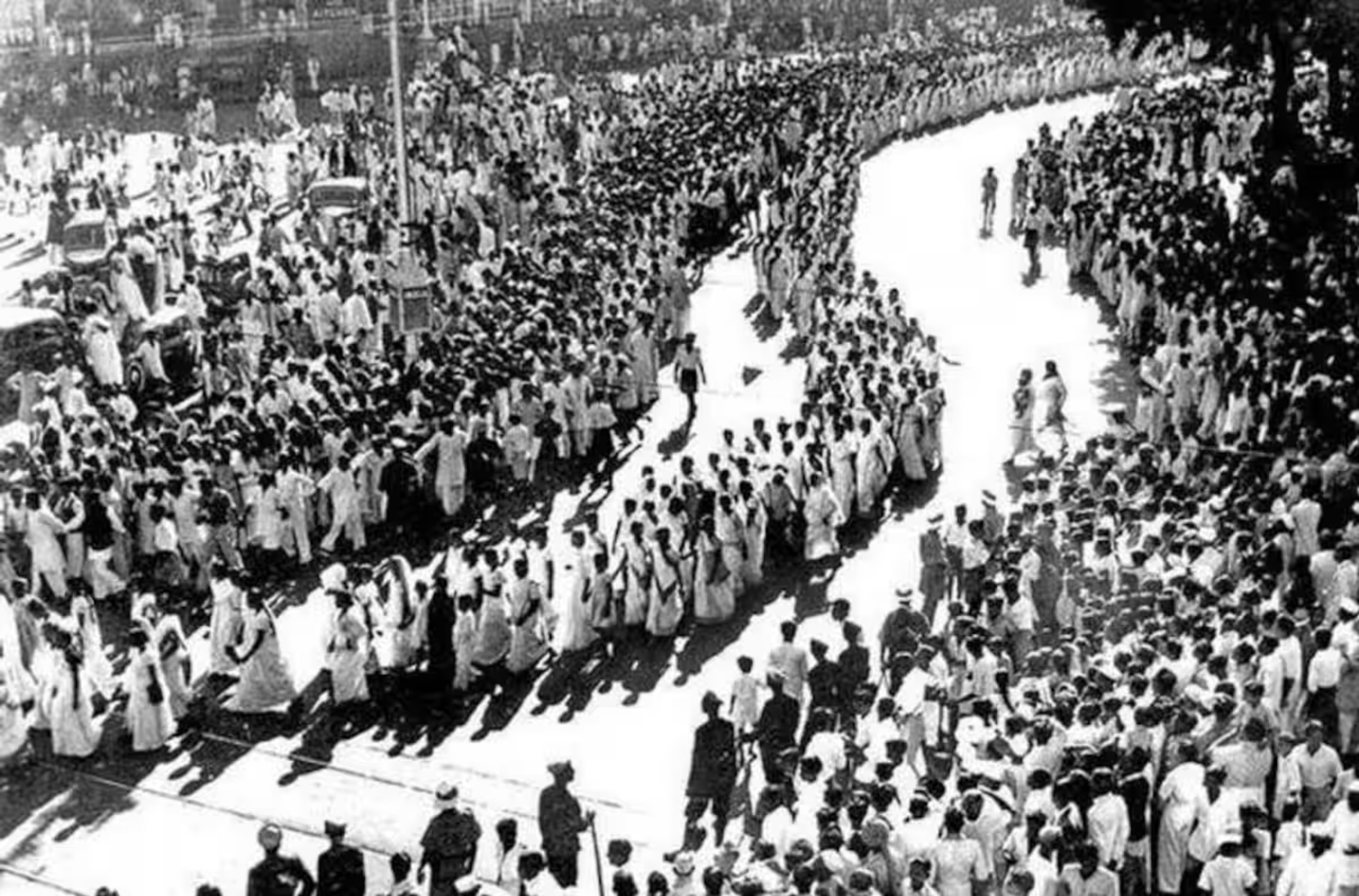Postcolonial Theory and Architecture: Methodological Contemplations and Practical Implications
The central question of this seminar is: what can postcolonial theories and methodologies bring to the historiography of architecture and the city? This question will not be answered ex abstracto, but rather by looking at a concrete practice of history writing by the scholar-lecturer of this seminar.

The central question of this seminar is: what can postcolonial theories and methodologies bring to the historiography of architecture and the city? This question will not be answered ex abstracto, but rather by looking at a concrete practice of history writing by the scholar-lecturer of this seminar. Personal reflections and experiences will be used as a starting point for a broader dialogue with participants on the value of postcolonial theory for the field of architectural historiography.
Each seminar will be accompanied by a selection of two texts. One text is drawn from the large body of literature that can be loosely termed postcolonial theory. The other text is written by the scholar-lecturer and can be understood as an attempt to revise the historiography of urban architecture under the influence of postcolonial perspectives. Participants are invited to read these two texts before the seminar. The texts will serve as a background for discussions during the seminar.
Each seminar will consist of a presentation of methodological considerations, based on some of the selected texts from the field of postcolonial theory, and of practical implications, as they emerge from publications and exhibitions. These presentations will be followed by a discussion on the historiographical relevance of postcolonial perspectives and methodologies.
Tutor
Prof. dr. Tom Avermaete
Time and Location
The course will take place on Thursdays from 17:45 to 18:30 in room HIL F 10.3.
Course structure and material
- 10.10.2024 Postcolonial Theory - What is postcolonial theory and what points of departure does it offer?
- 17.10.2024 Postcolonial Theory - What is postcolonial theory and what points of departure does it offer?
- 31.10.2024 Autonomy and Heteronomy - How to conceive of the character of architecture between autonomy and heteronomy?
- 07.11.2024 Guest Lecture Kohei Saito, Capital in the Antrophocene - How can we, with Marx, learn from pre-capitalist and non-Western societies to imagine an architecture of degrowth?
Kohei Saito, Marx in the Anthropocene towards the Idea of Degrowth Communism. (Cambridge: Cambridge University Press, 2023).
- 14.11.2024 The Socio-Spatial - How to understand the relation between the social and the spatial?
- 21.11.2024 The Artefact - How can we conceive of the architectural material artefact?
- 28.11.2024 The Authors - Who are the authors of architecture?
protected page Mary Louise Pratt, ‘Arts of the Contact Zone.’ Profession 91. 1991: 39-46.
- 05.12.2024 Centers and Peripheries - How can we go beyond Western centrism and colonial perspectives?
Contact
Deputy head of Dep. of Architecture
Geschichte u.Theorie d. Städtebaus
Stefano-Franscini-Platz 5
8093
Zürich
Switzerland